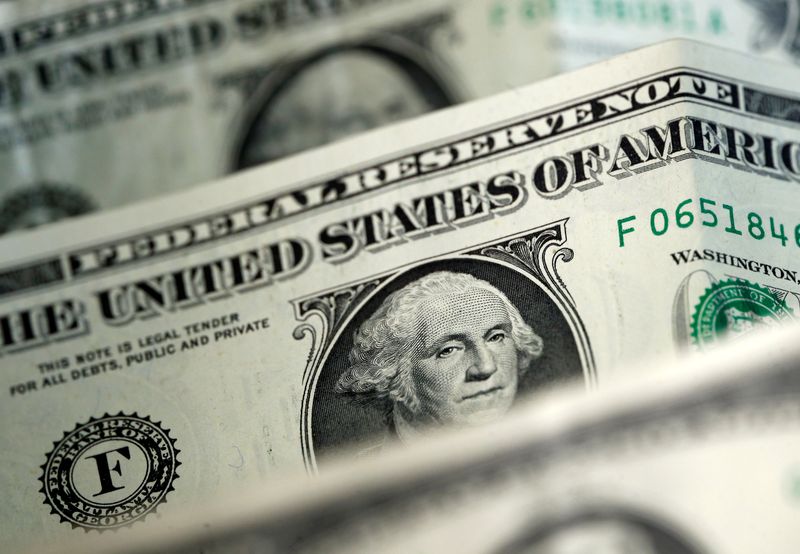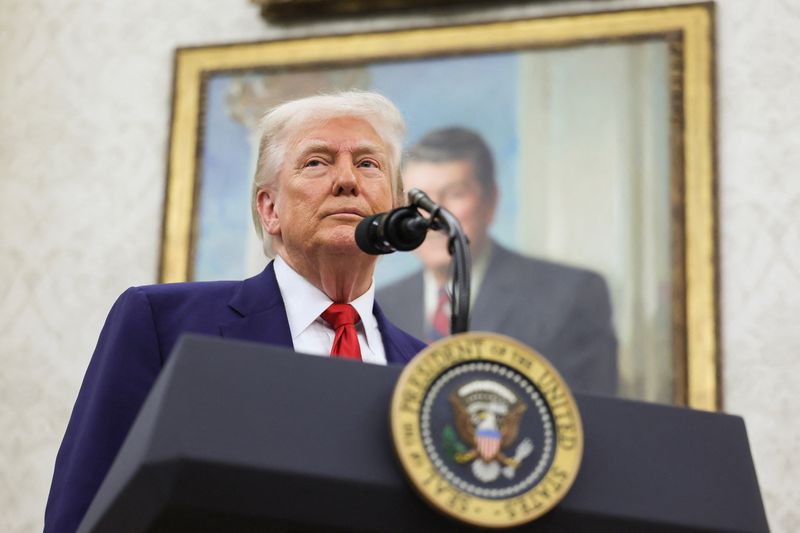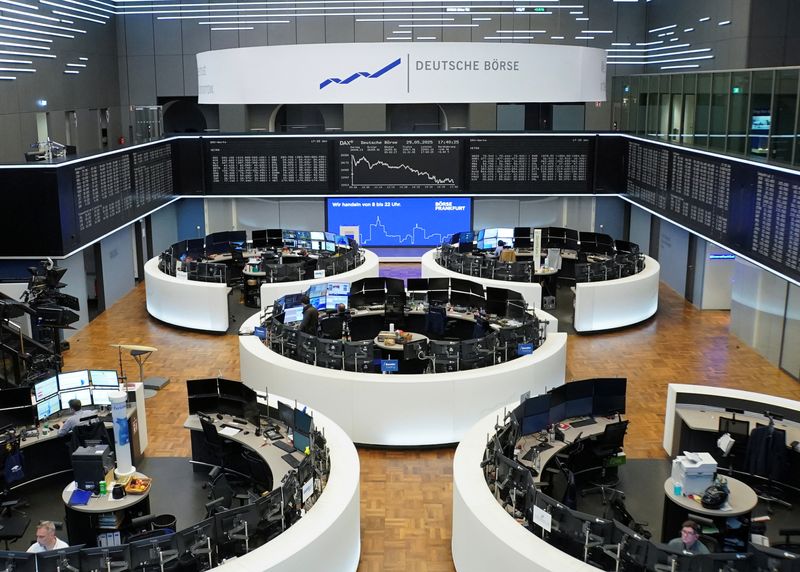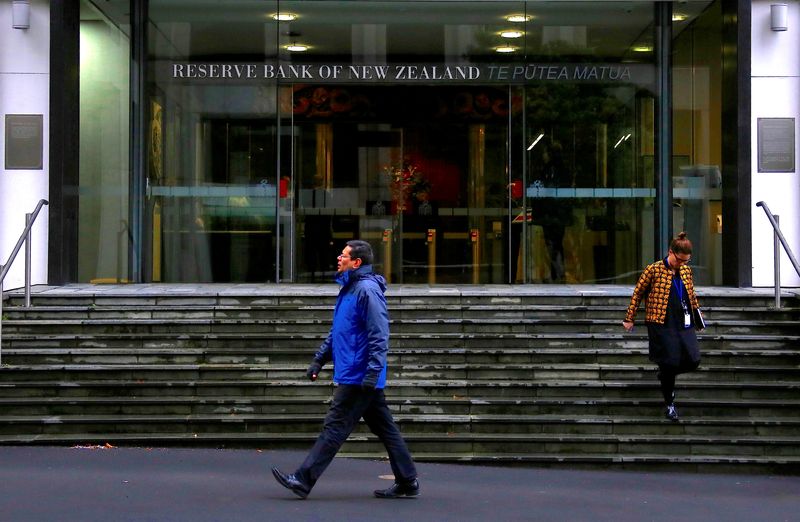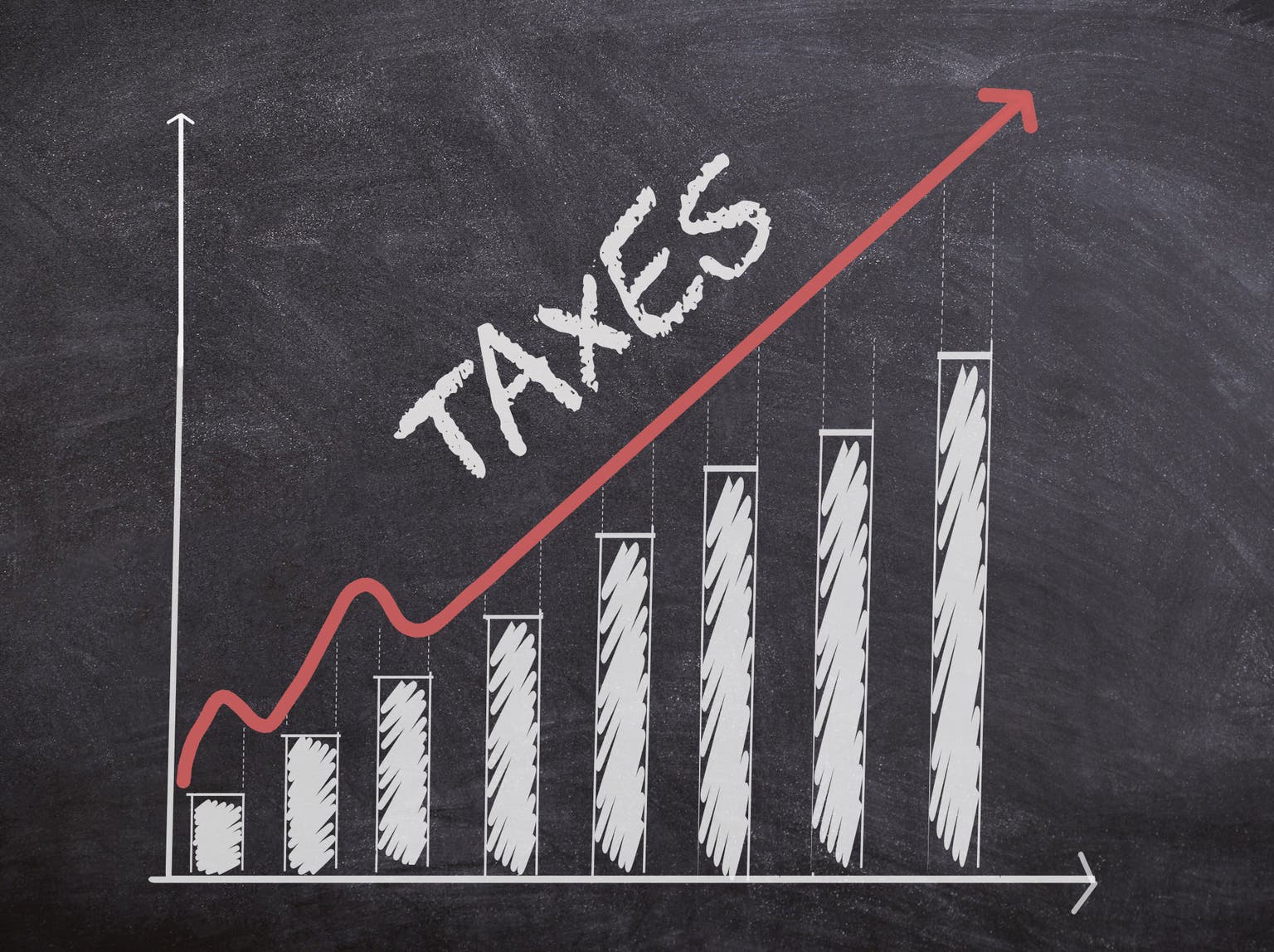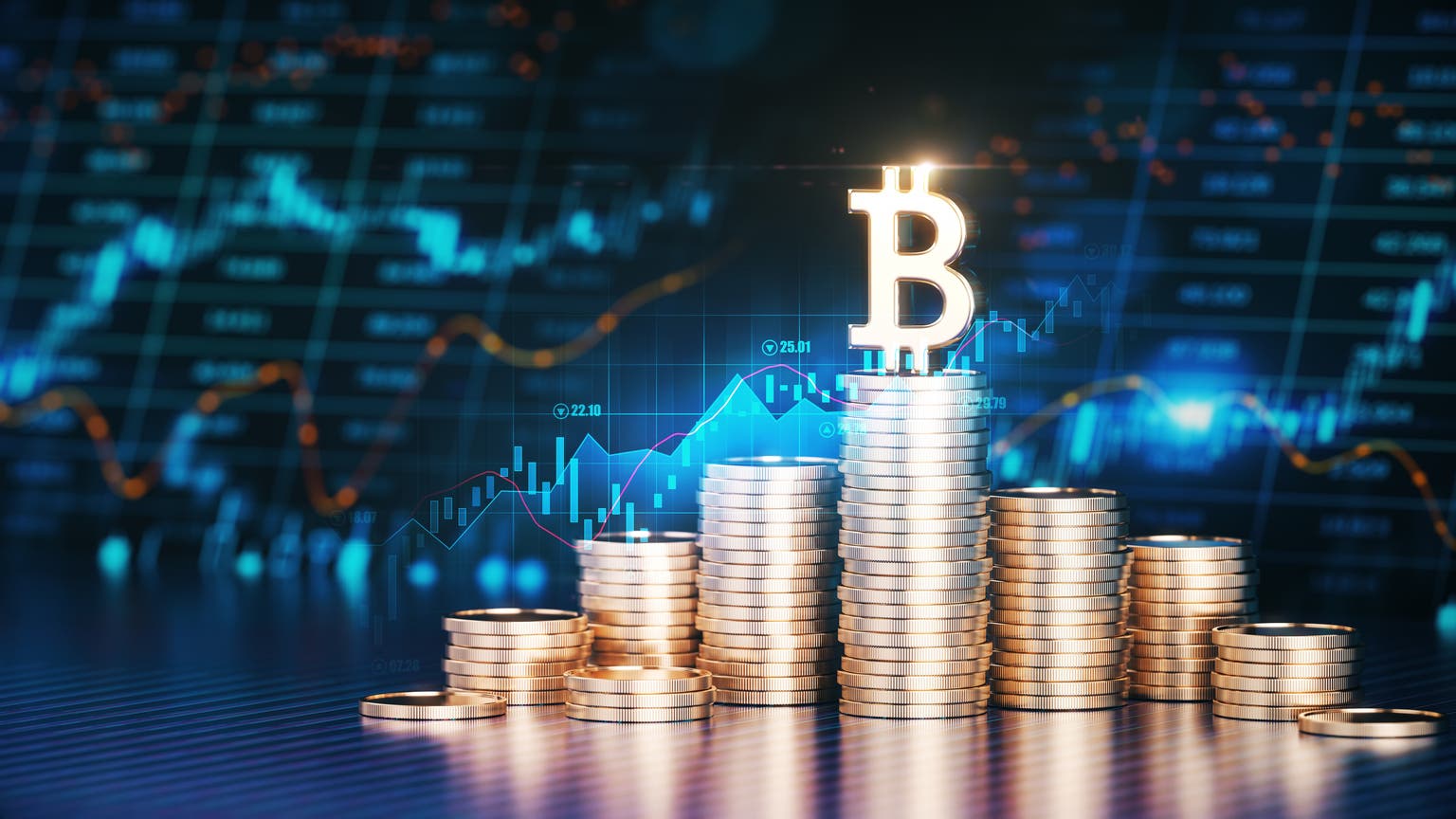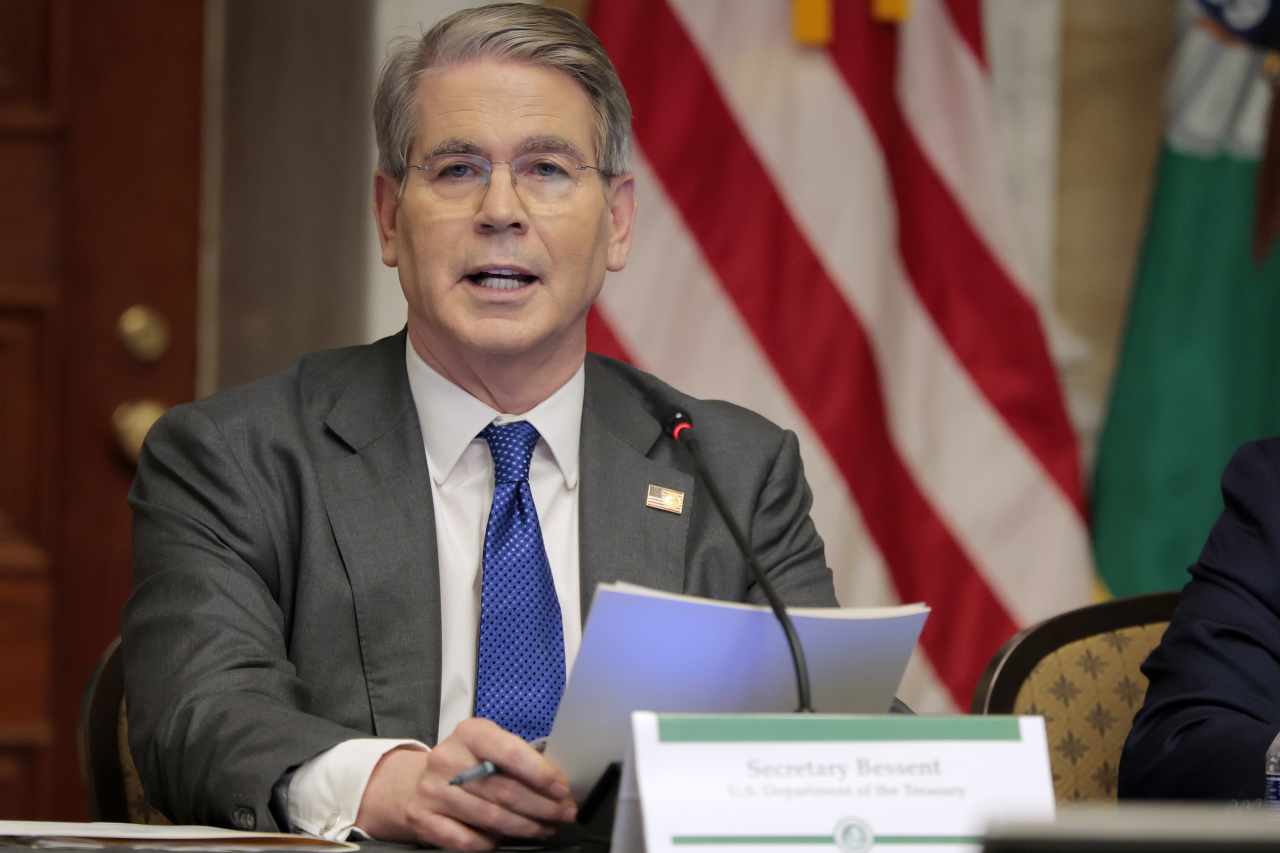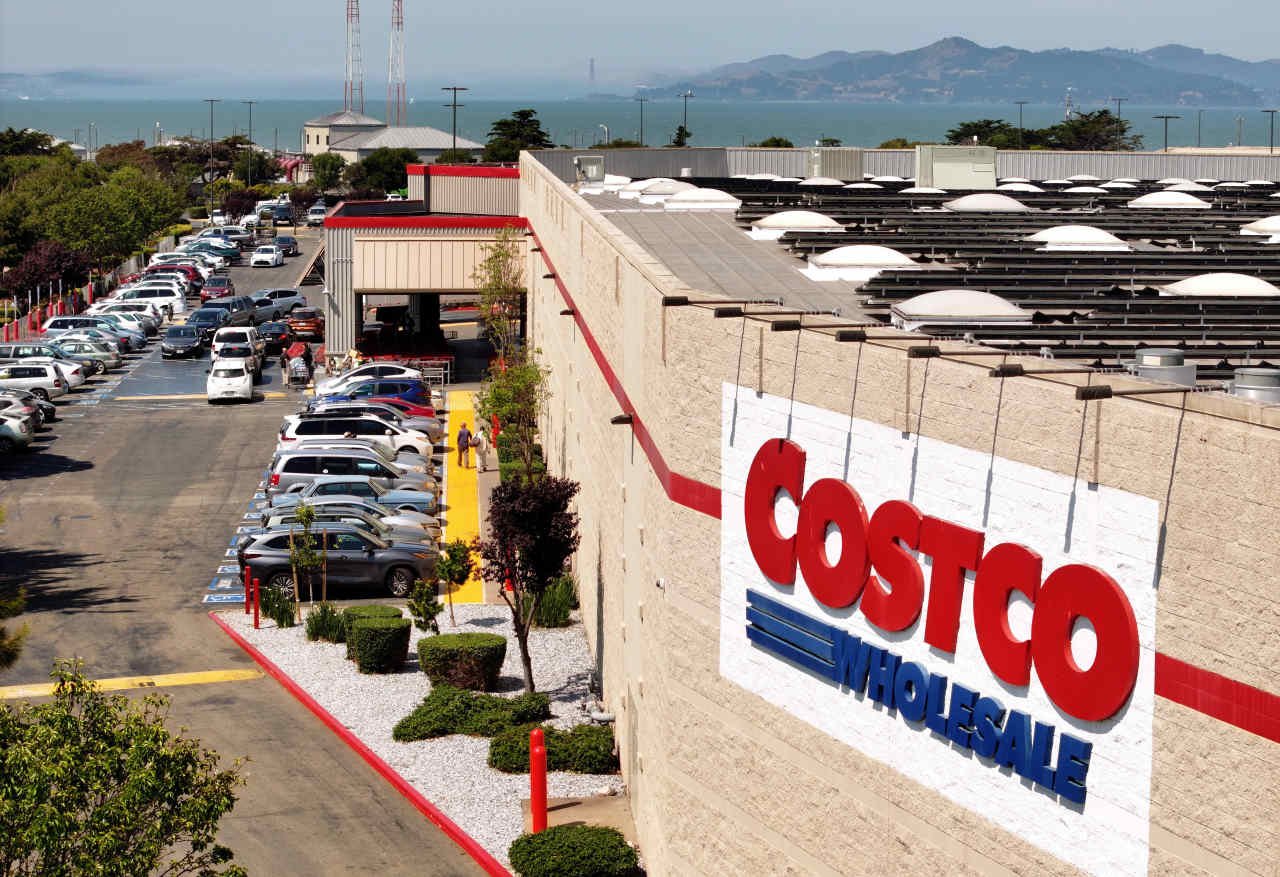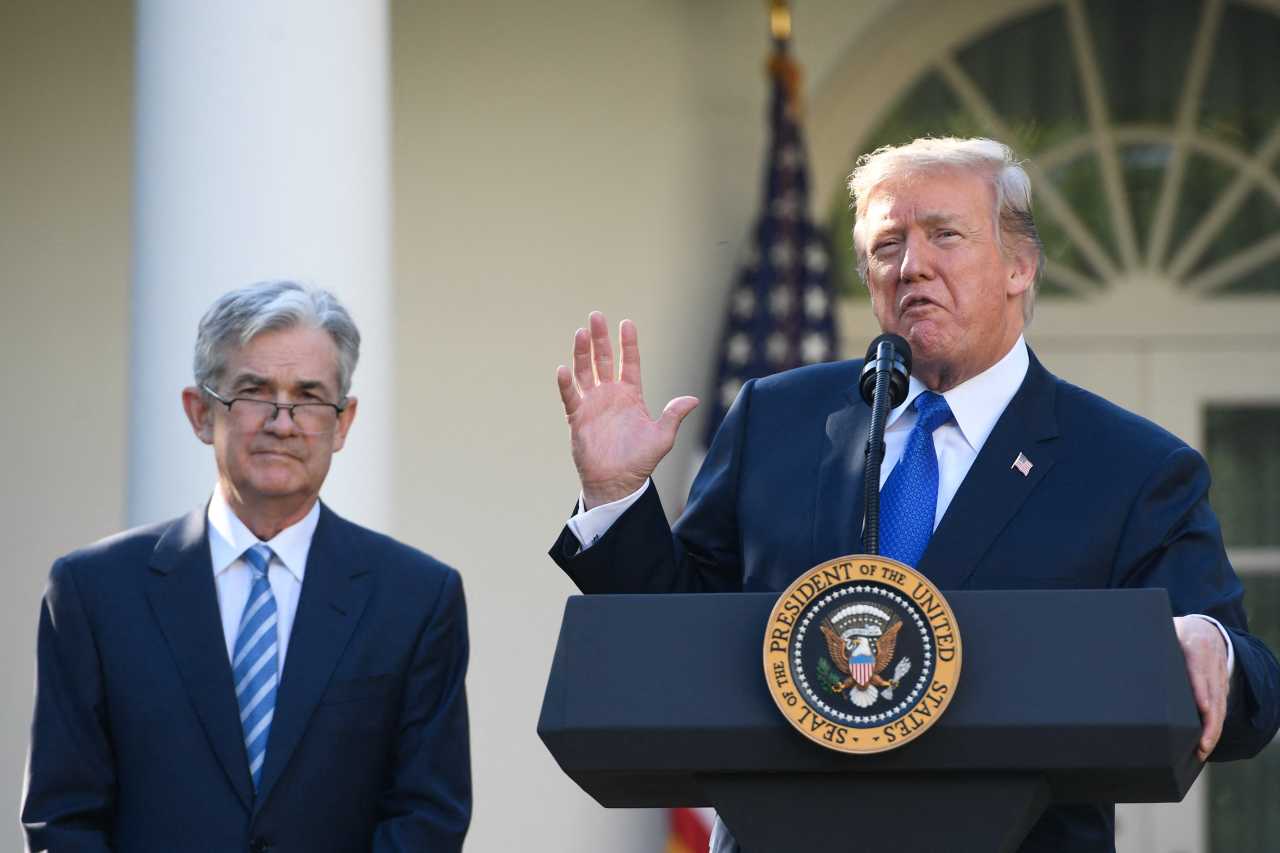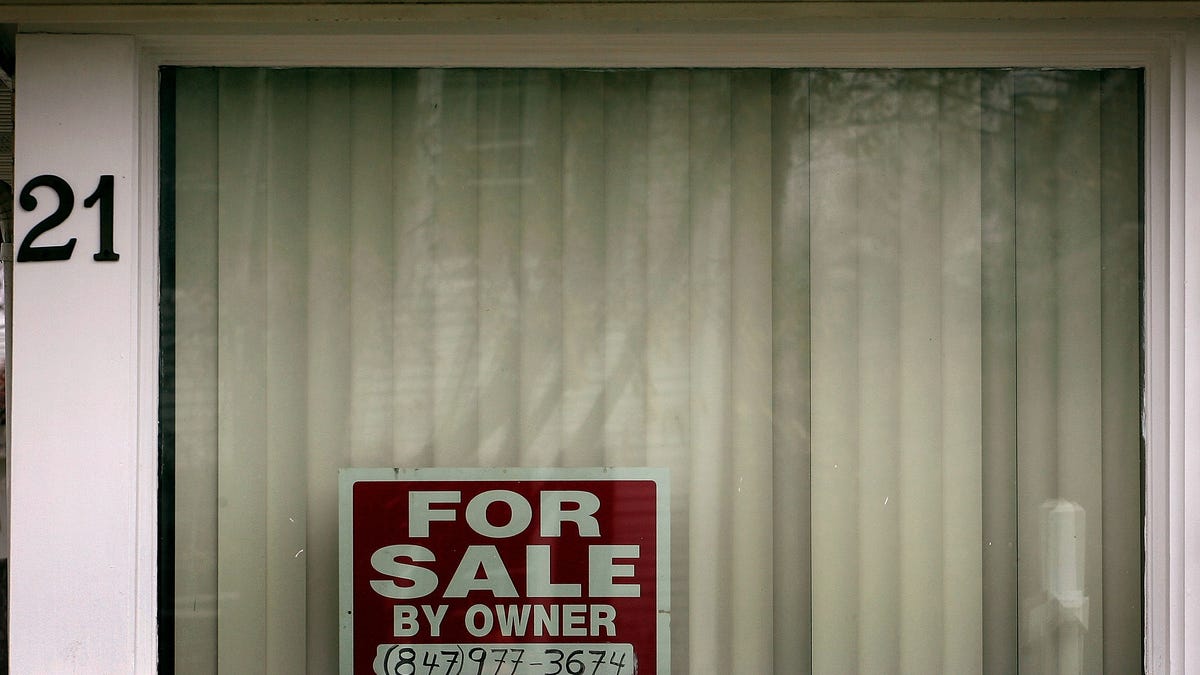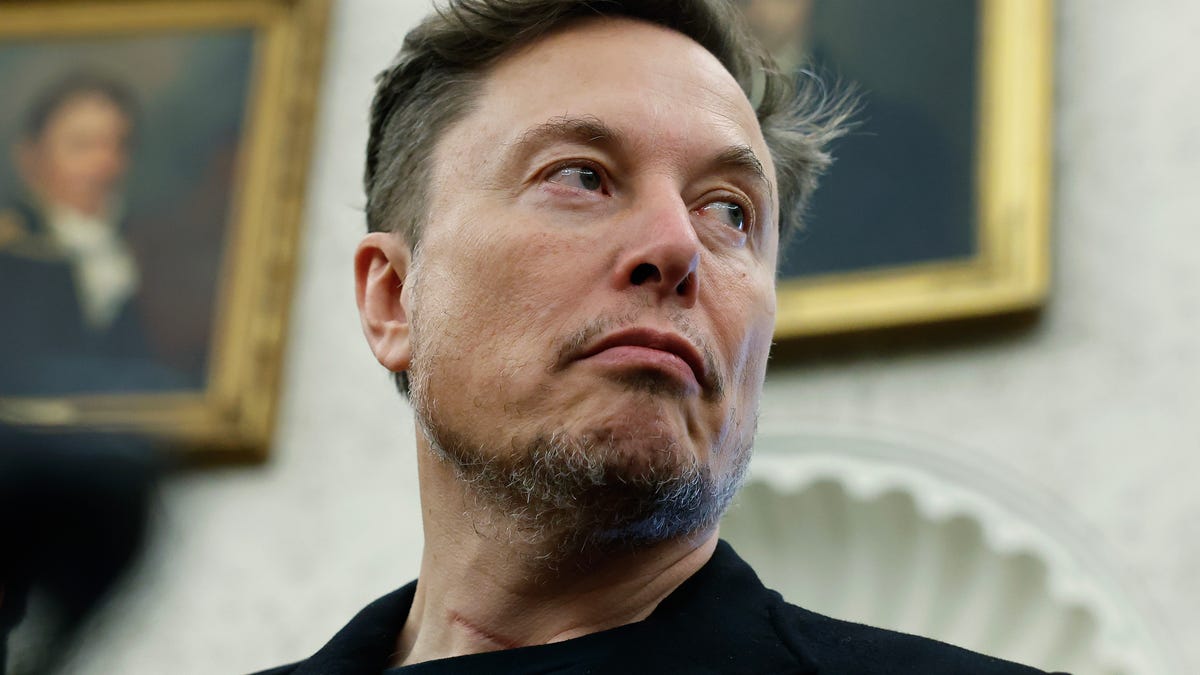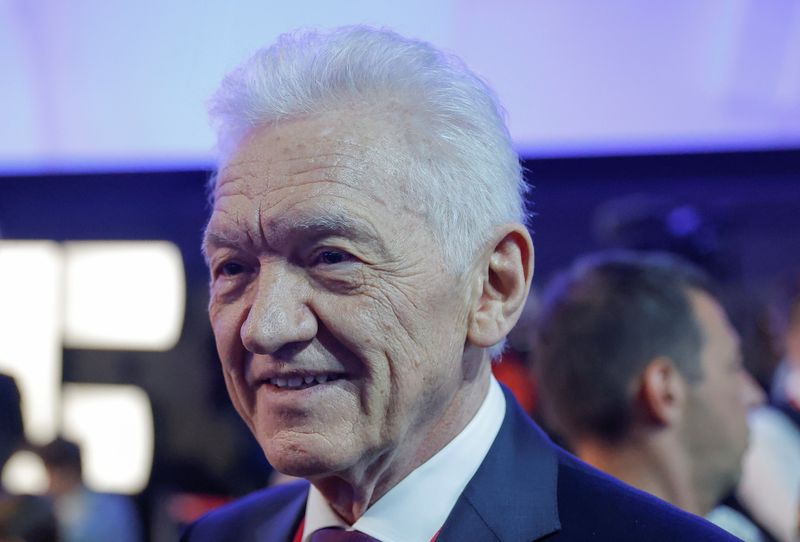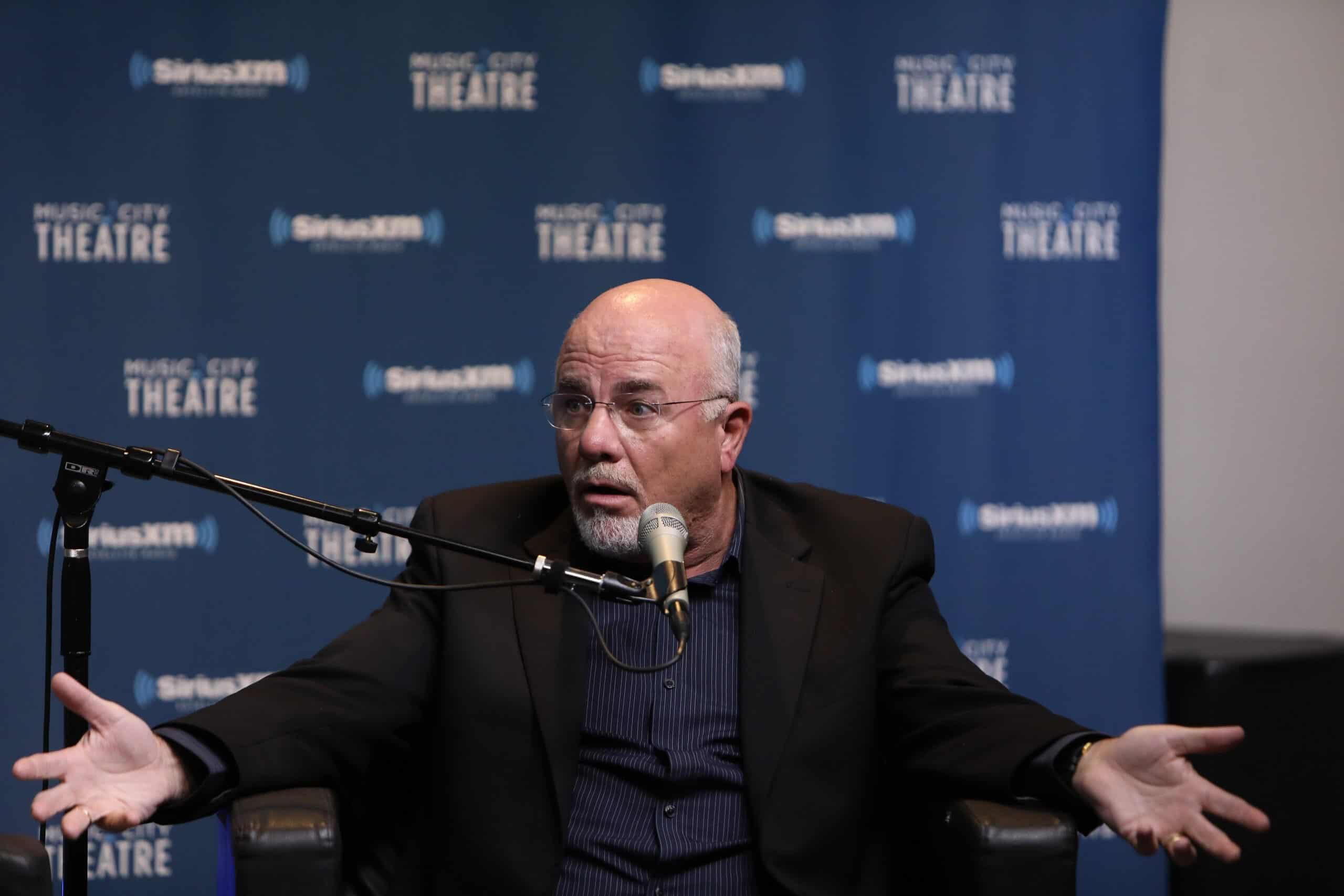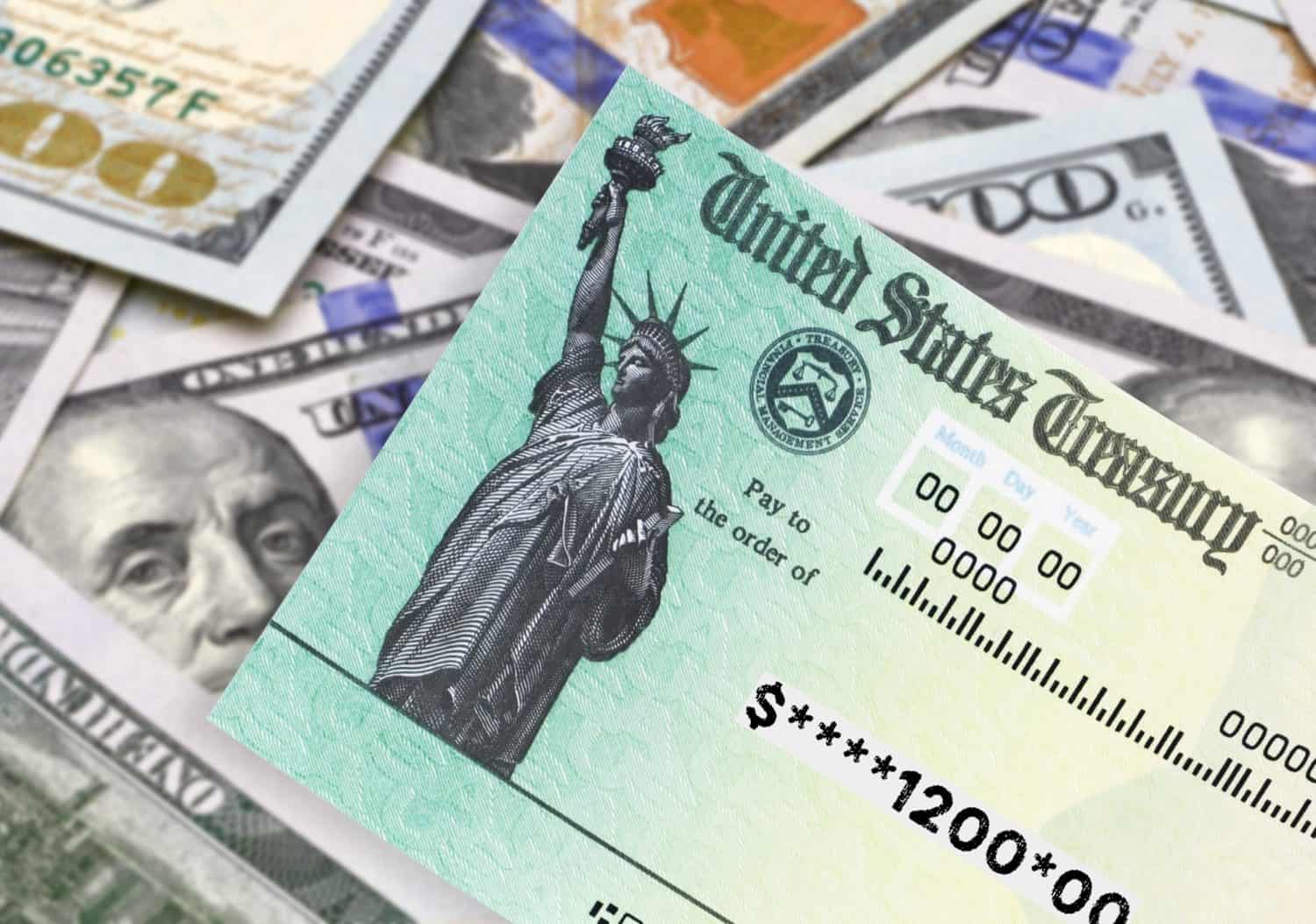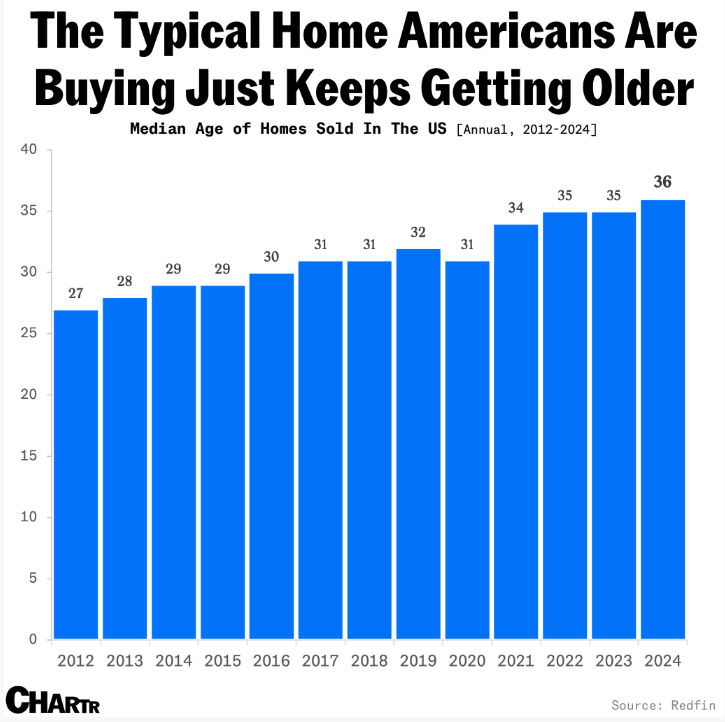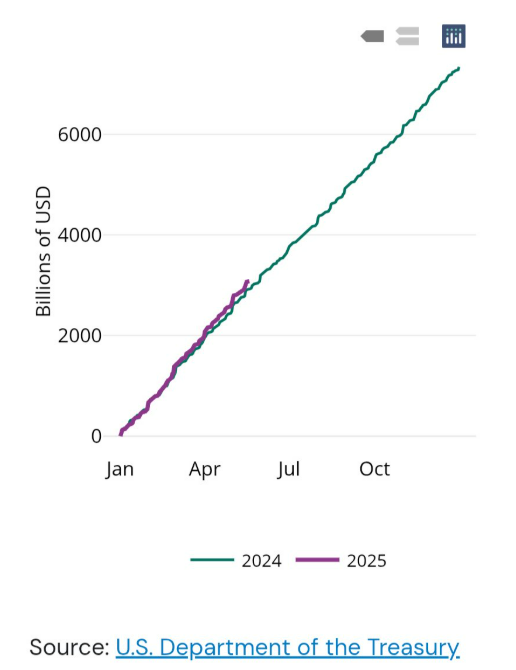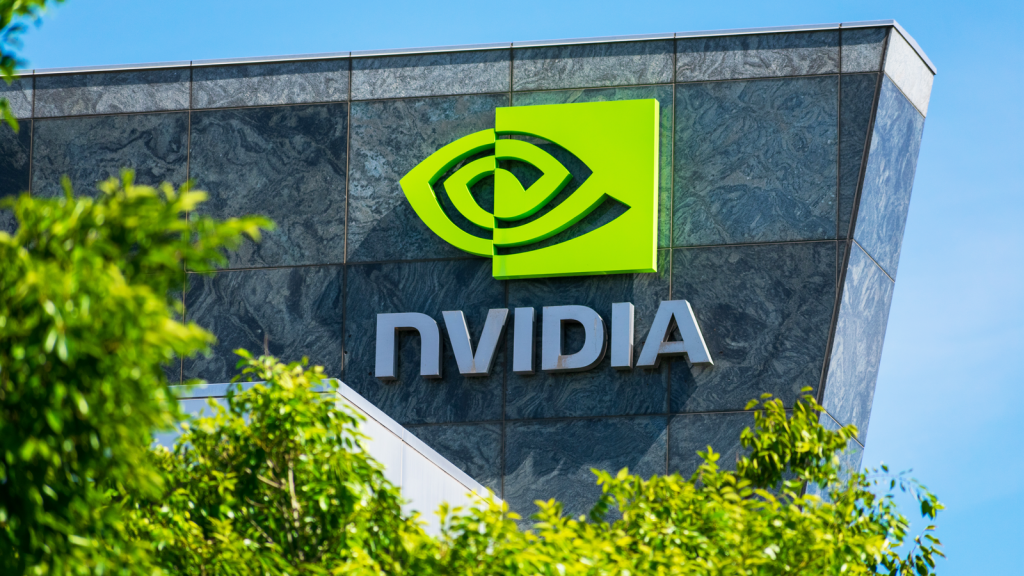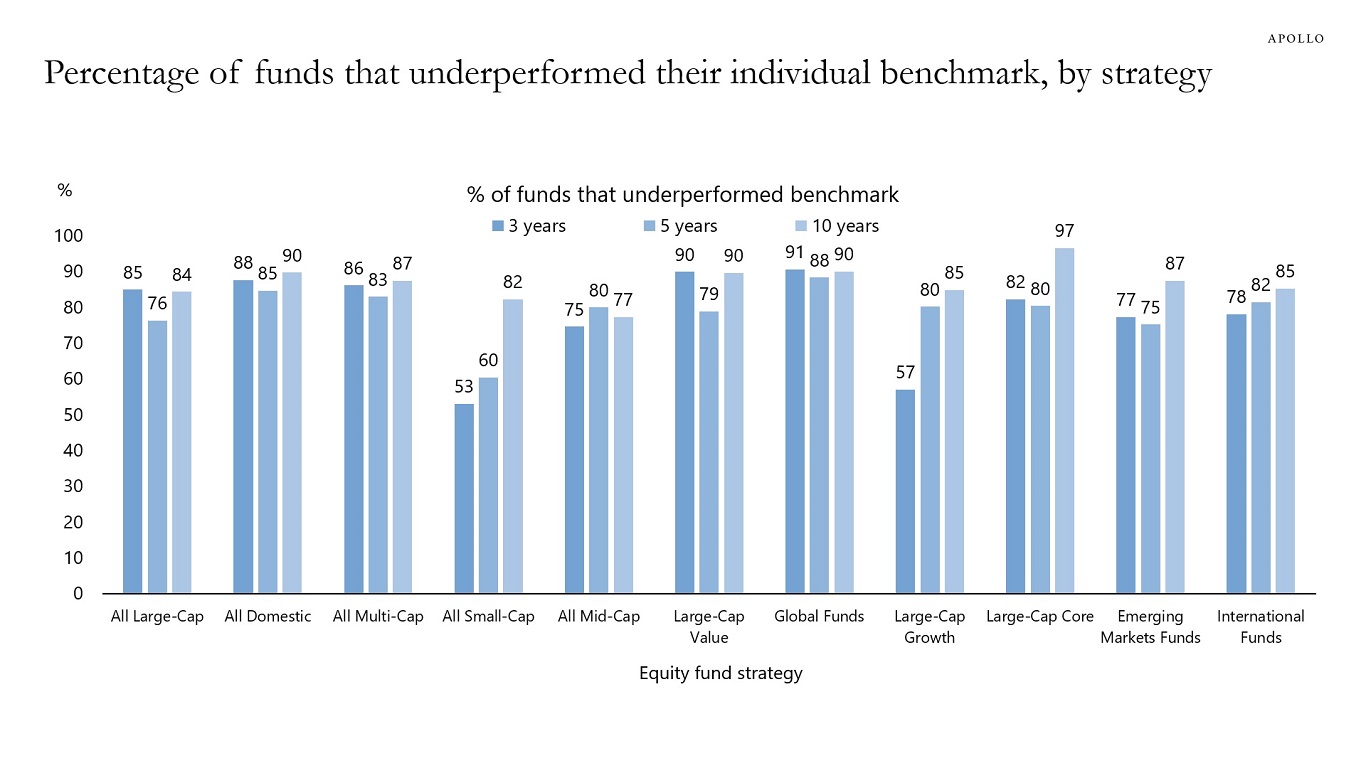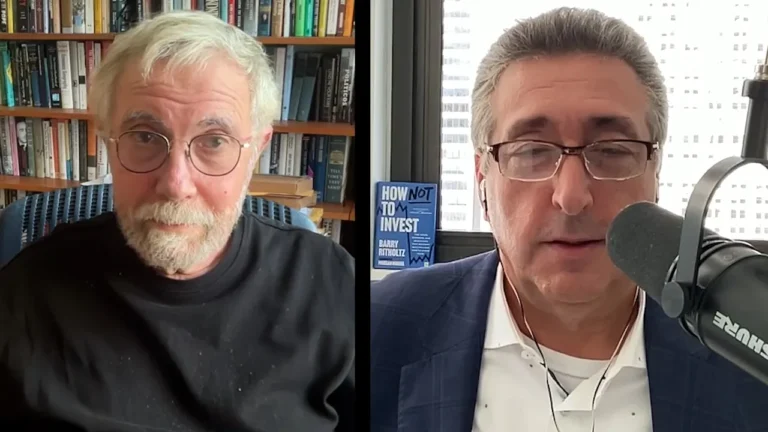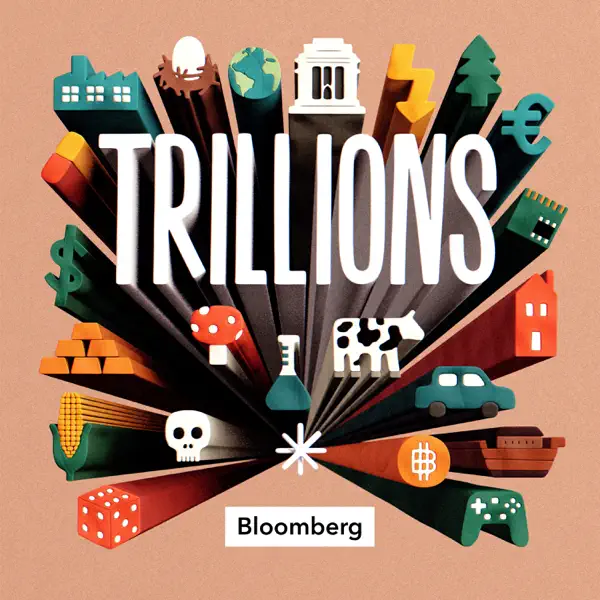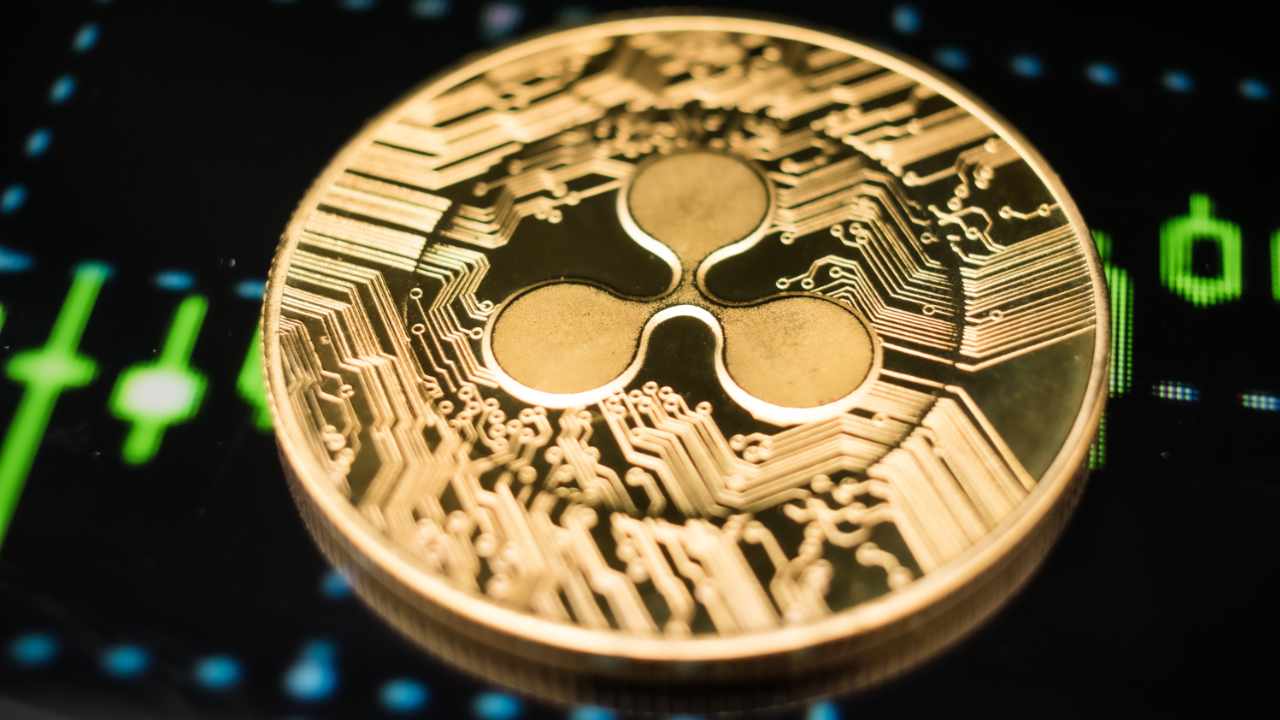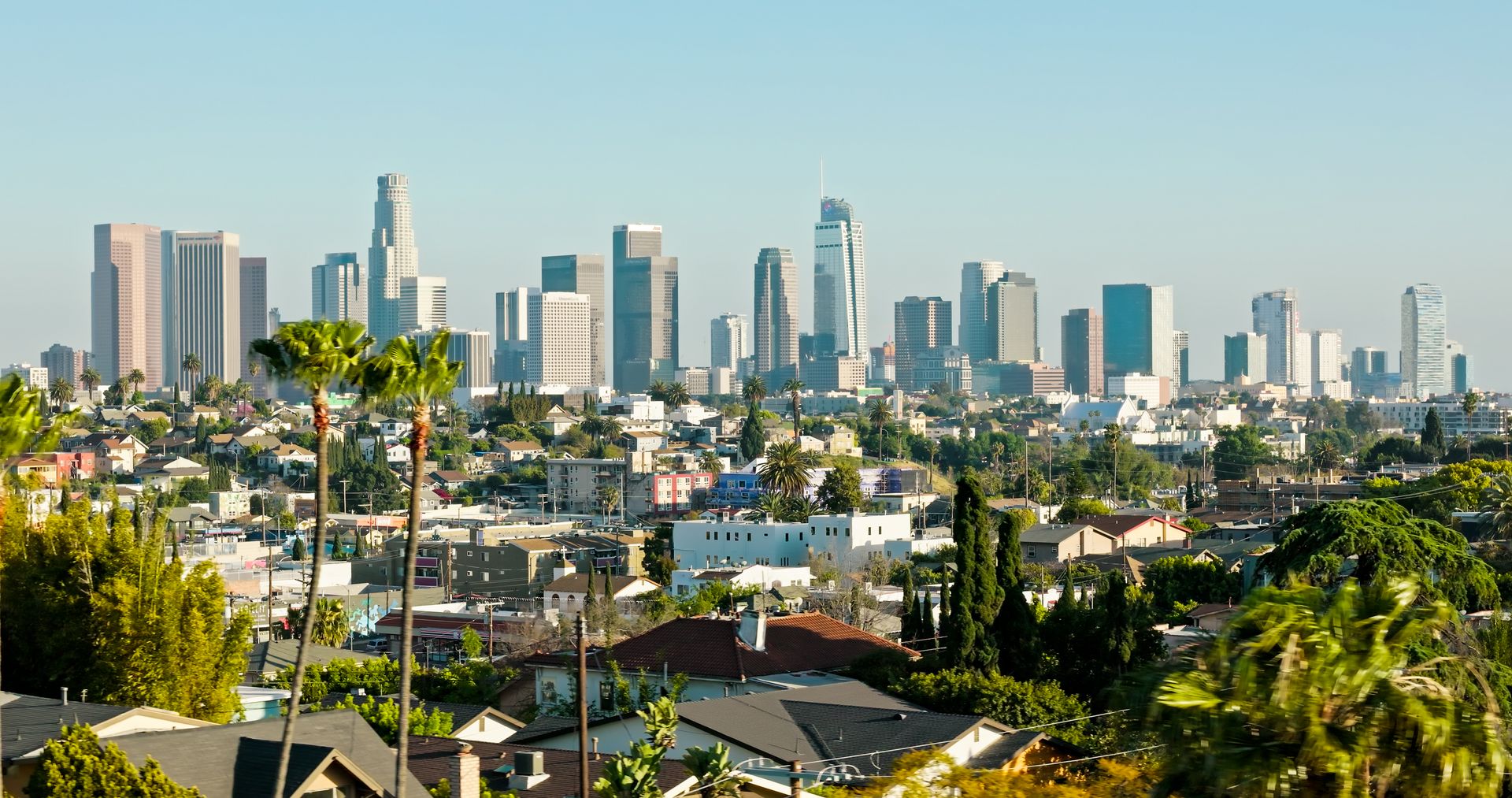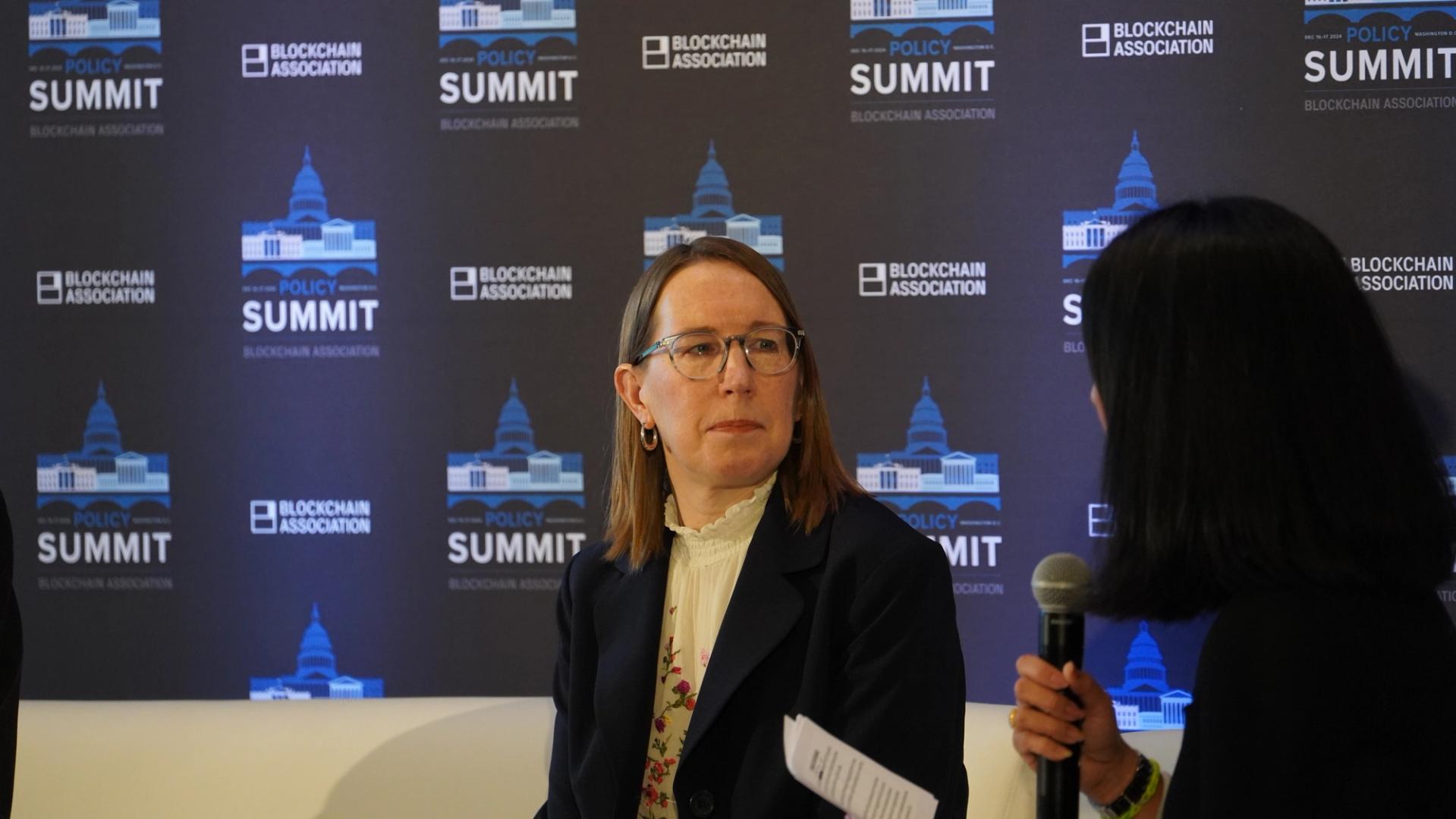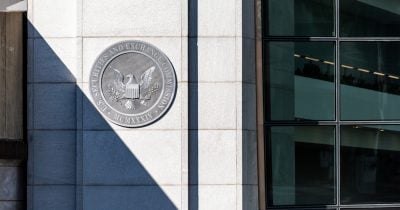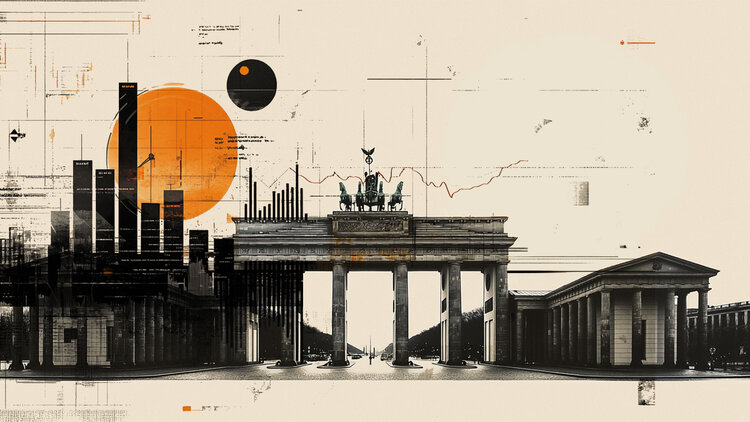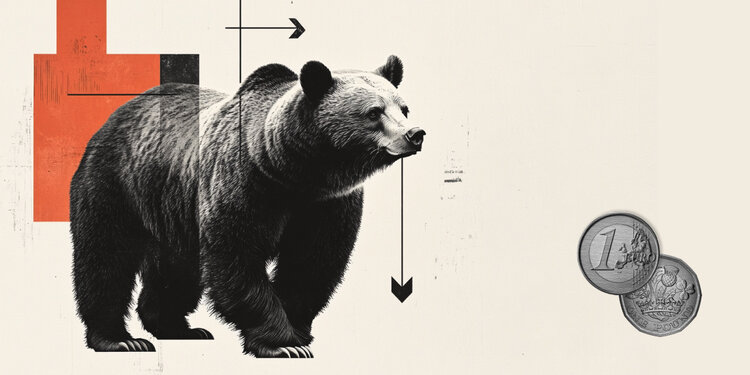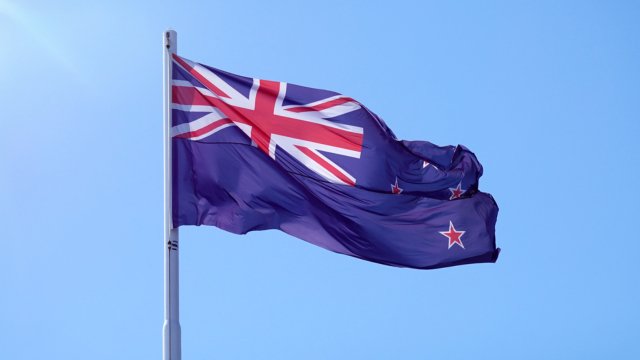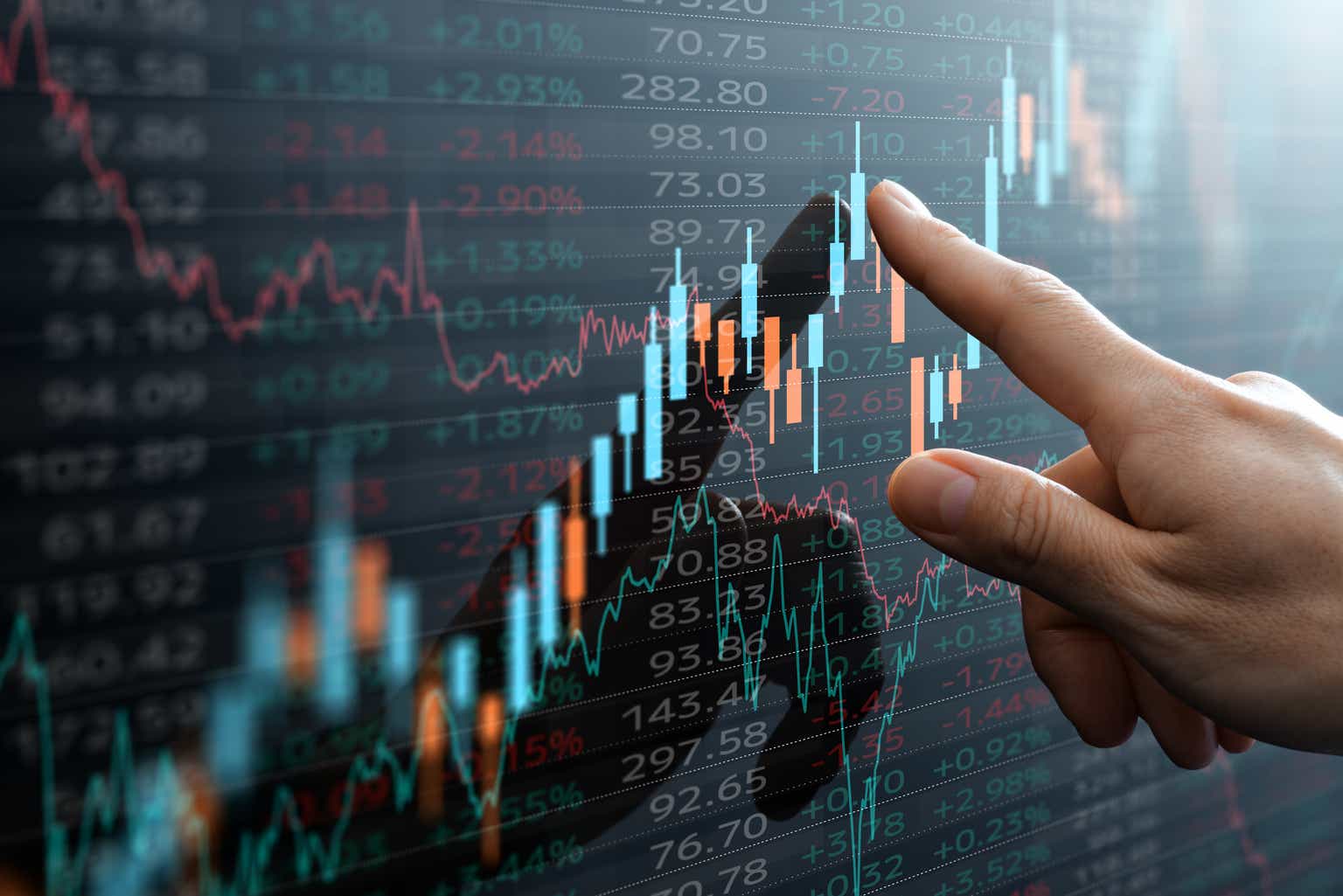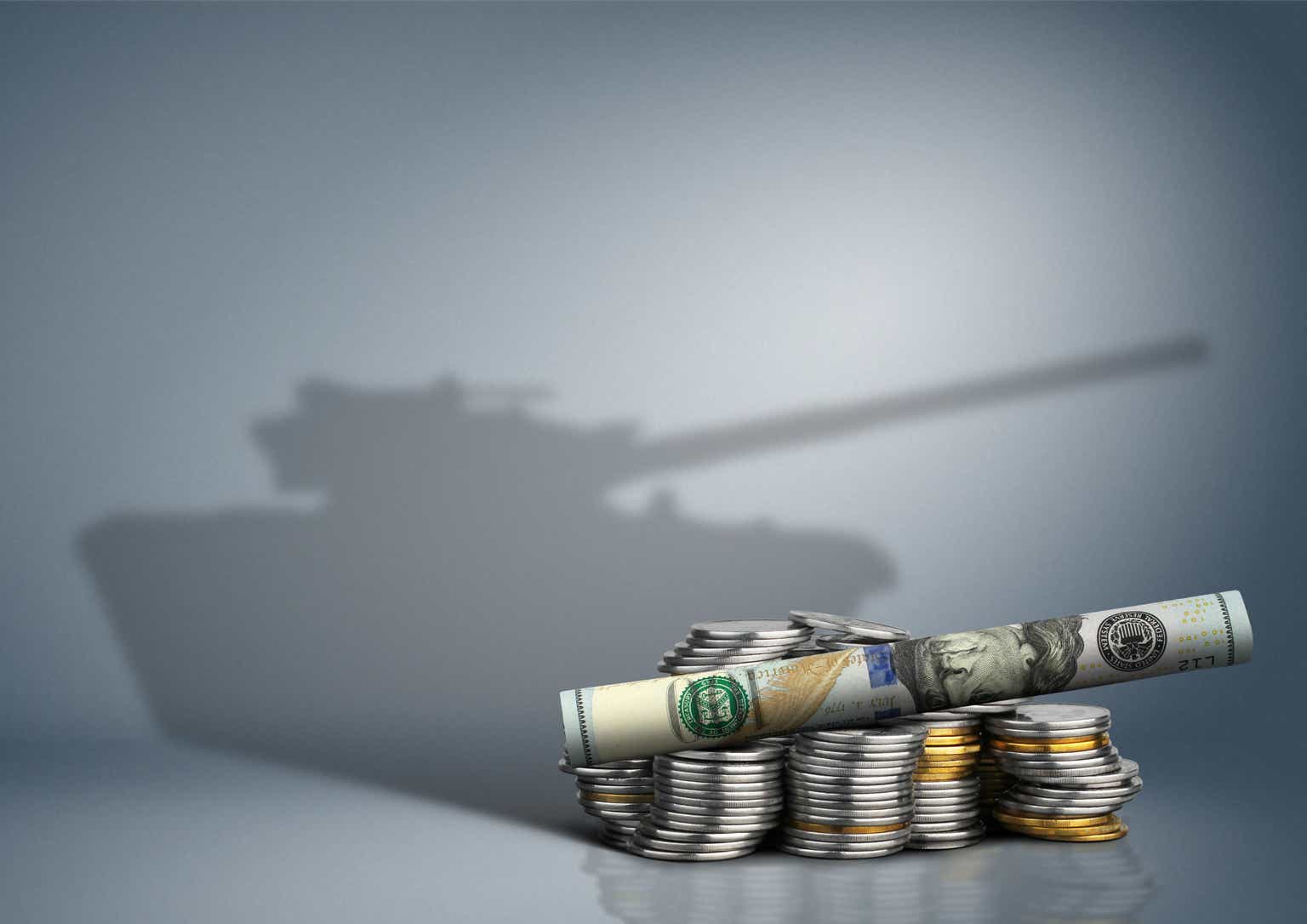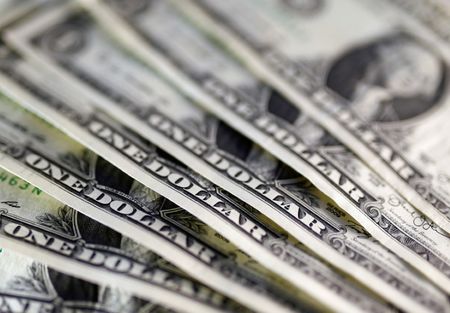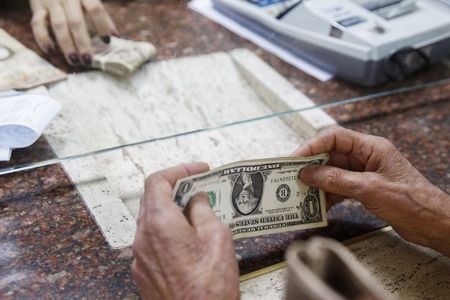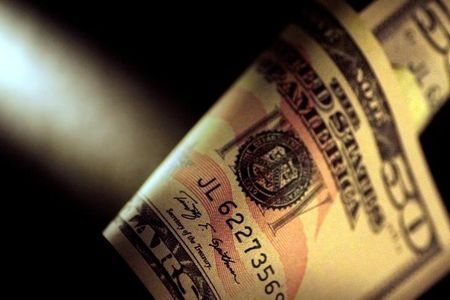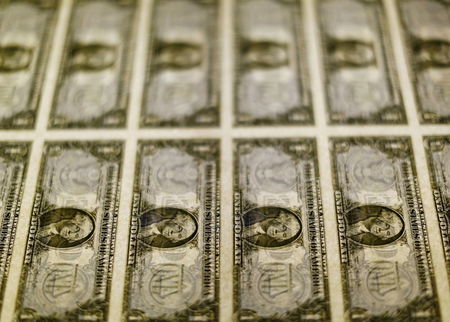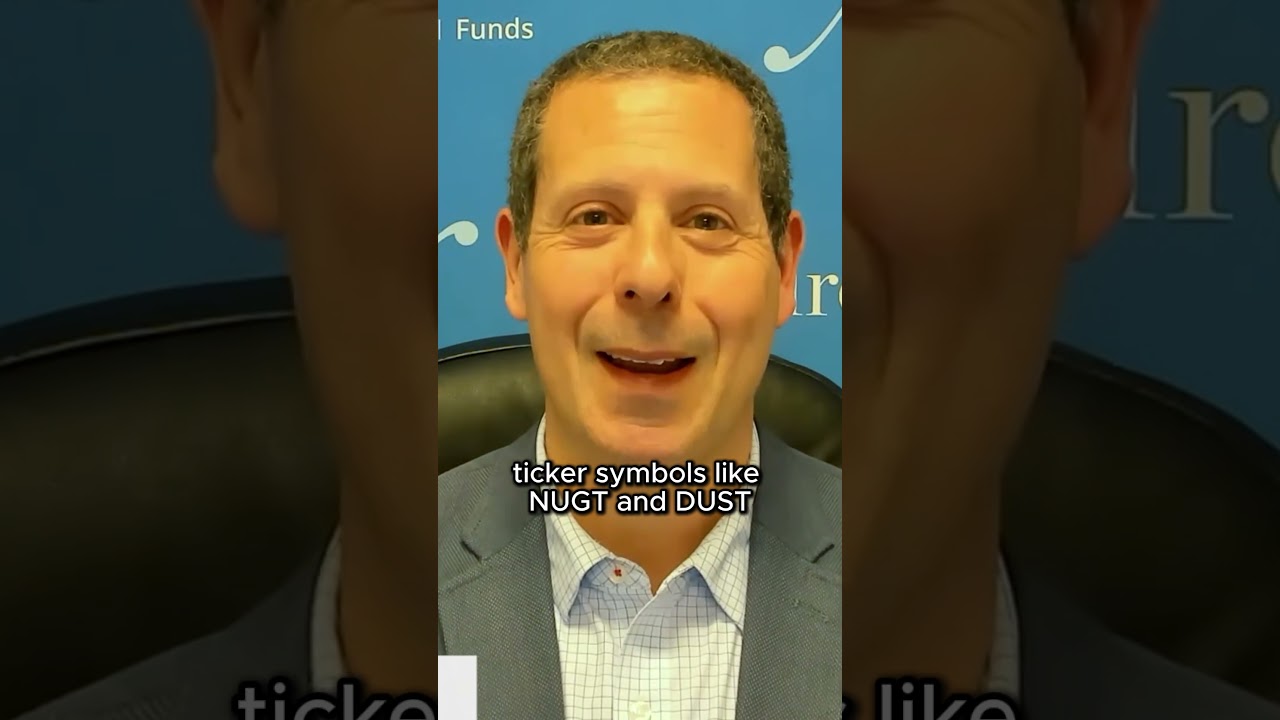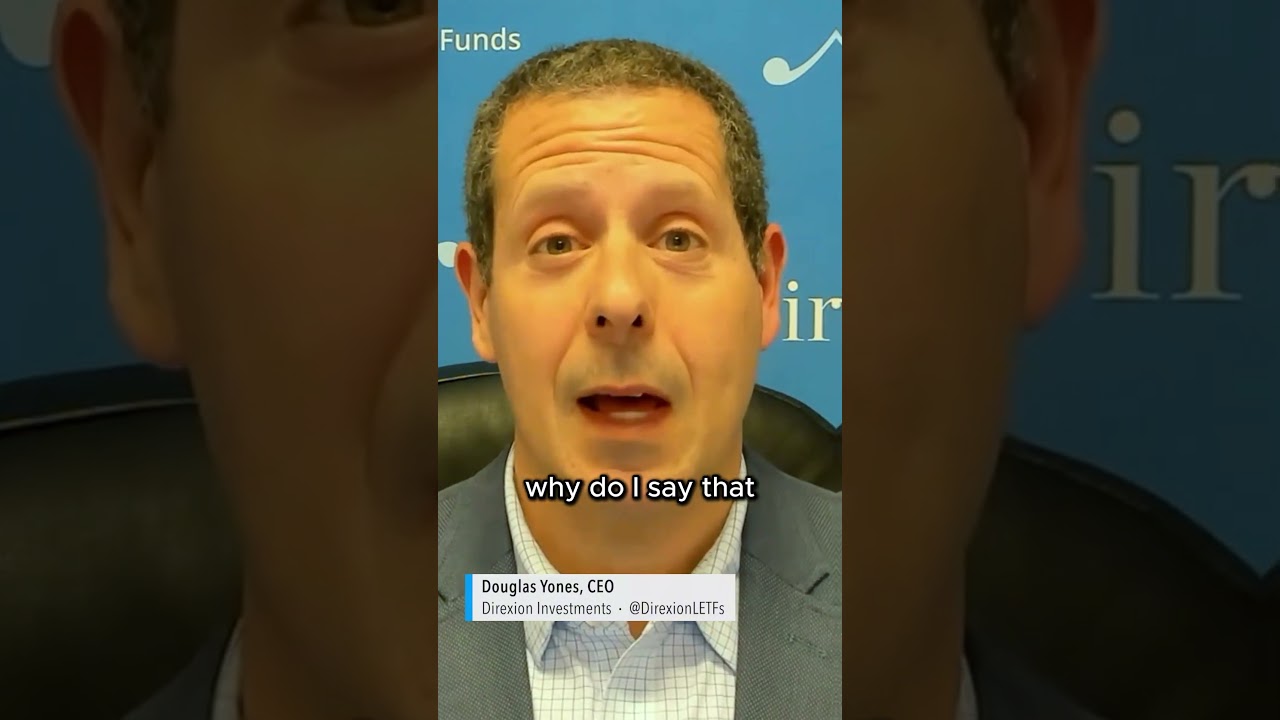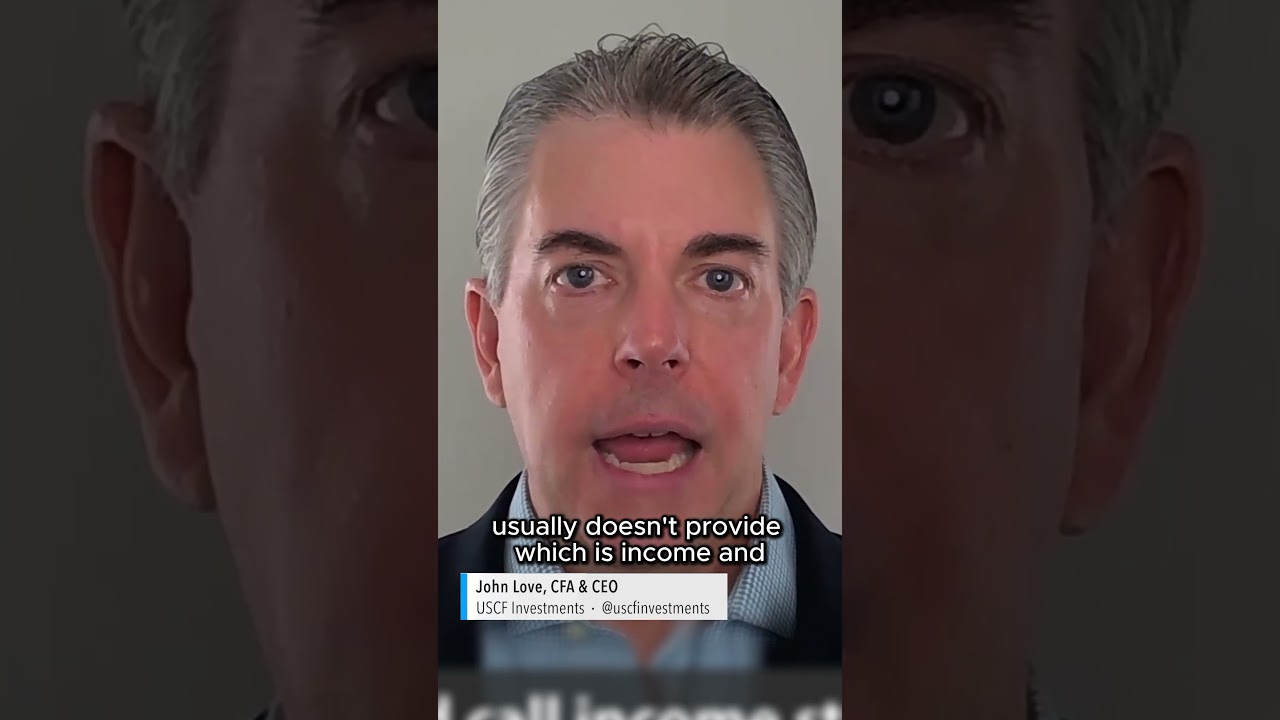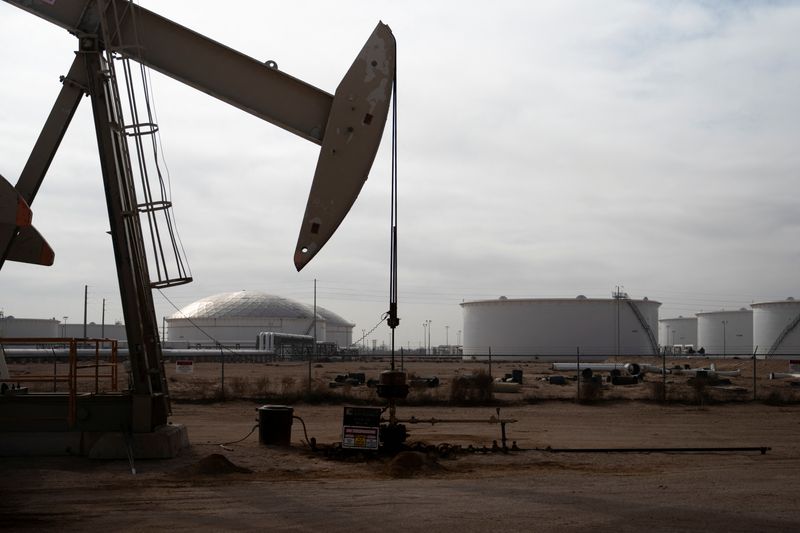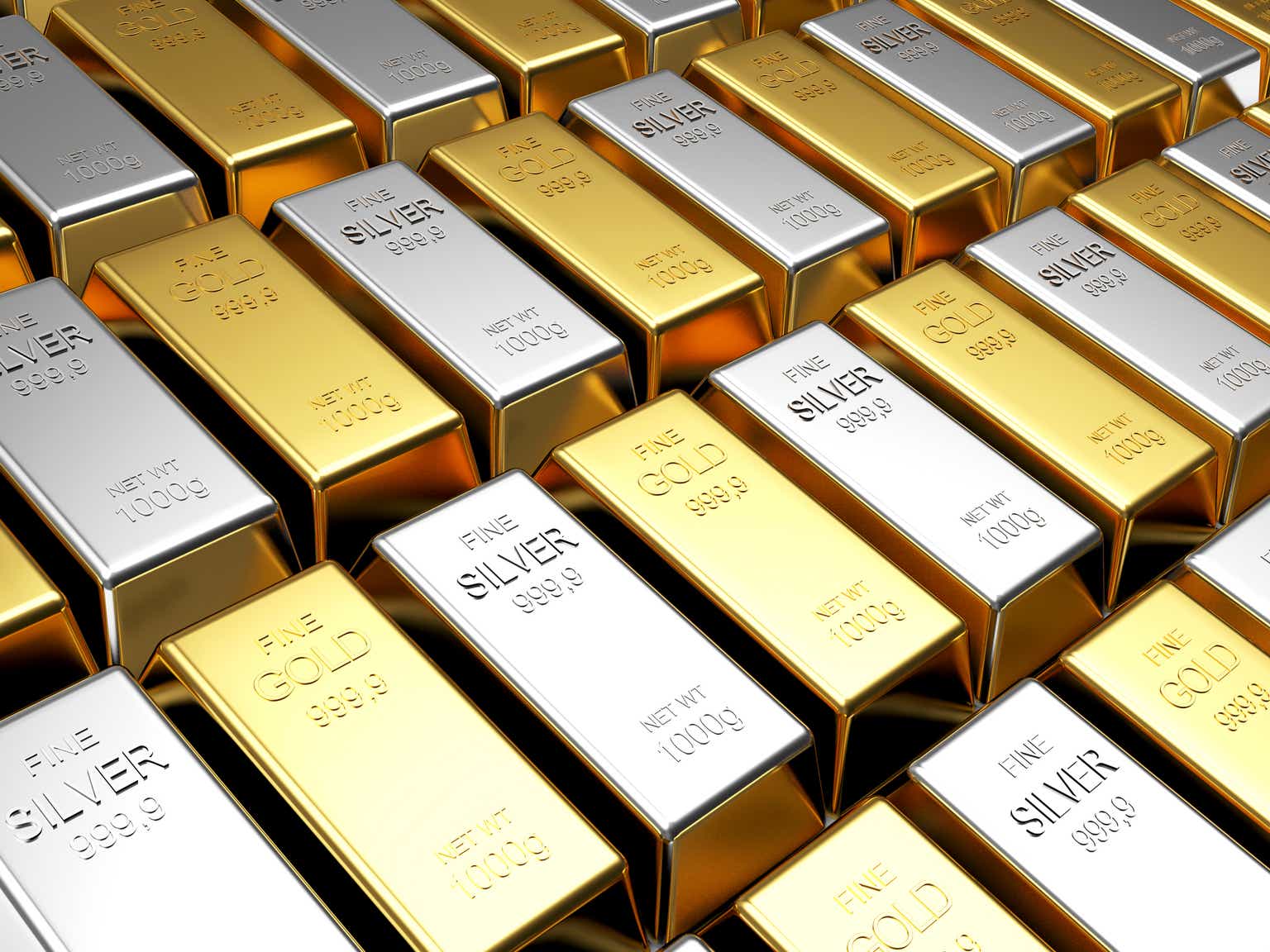Global markets rejoice after Trump’s sweeping tariff rollout gets blocked by a U.S. court
The U.S. Court of International Trade found the 1977 International Emergency Economic Powers Act does not authorize the use of tariffs.

NEW YORK (AP) — Stocks worldwide are rising after a U.S. court blocked many of President Donald Trump’s sweeping tariffs. The S&P 500 was 0.8% higher in early trading Thursday. The Dow Jones Industrial Average was up 64 points, or 0.1%, and the Nasdaq composite was 1.4% higher. Technology stocks led the way after Nvidia once again topped analysts’ expectations for profit and revenue in the latest quarter. The gains were even bigger in Asia, where markets had the first chance to react to the ruling issued late on Wednesday by the U.S. Court of International Trade in New York. Japan’s Nikkei added 1.9%.
U.S. Court of International Trade in New York found that the 1977 International Emergency Economic Powers Act, which Trump has cited as his basis for ordering massive increases in import duties, does not authorize the use of tariffs.
The White House immediately appealed and it was unclear if Trump would abide by the ruling in the interim. The long-term outcome of legal disputes over tariffs remains uncertain. But investors appeared to take heart after the months of turmoil brought on by Trump’s trade war.
Nvidia shares jumped 6% in off-hours trading after the chipmaker and artificial intelligence bellwether delivered another quarter of robust growth despite tariff-driven turbulence.
Trump’s on-again, off-again trade war has whipsawed Nvidia and other Big Tech companies riding AI mania to propel their revenue and stock prices upward. Heading into its earnings announcement Wednesday, Nvidia’s share price was right where it was at the beginning of 2025, before Trump took office and started his tariff rollouts.
Nvidia’s earnings, along with the court’s tariff ruling, helped to propel other chipmakers and technology companies higher. Broadcom and Advanced Micro Devices each rose 3.1%, while Super Micro Computer jumped 4%. Apple and Amazon both rose about 2.5%.
A three-judge panel ruled on several lawsuits arguing Trump exceeded his authority, casting doubt on trade policies that have jolted global financial markets, frustrated trade partners and raised uncertainty over the outlook for inflation and the global economy.
Many of Trump’s double-digit tariff hikes — including the huge levies on China — were already paused for up to 90 days to allow time for trade negotiations. But the uncertainty they cast over global commerce has stymied businesses and left consumers wary about what lies ahead.
“Just when traders thought they’d seen every twist in the tariff saga, the gavel dropped like a lightning bolt over the Pacific,” Stephen Innes of SPI Asset Management said in a commentary.
The ruling was, at the least, “a brief respite before the next thunderclap,” he said.
In Europe at midday, Germany’s DAX gained 0.4% and the CAC 40 in Paris jumped 0.8%. Britain’s FTSE was unchanged.
Japan’s Nikkei 225 index jumped 1.9% to 38,432.98. American’s largest ally in Asia has been appealing to Trump to cancel the tariffs he has ordered on imports from Japan and to also stop 25% tariffs on steel, aluminum and autos.
The ruling also initially pushed the dollar sharply higher against the Japanese yen, but it settled back down overnight. It was trading at 144.98 yen early Thursday, up from 144.87 yen late Wednesday.
Elsewhere in Asia, Hong Kong’s Hang Seng added 1.3% to 23,561.86, while the Shanghai Composite index gained 0.7% to 3,363.45.
Australia’s S&P/ASX 200 gained 0.2% to 8,409.80.
In South Korea, which like Japan relies heavily on exports to the U.S., the Kospi surged 1.9% to 2,720.64. Shares also were helped by the Bank of Korea’s decision to cut its key interest rate to 2.5% from 2.75%, to ease pressure on the economy.
Taiwan’s Taiex edged 0.1% lower, and India’s Sensex lost 0.2%.
The yield on the 10-year Treasury rose to 4.52% early Thursday from 4.47% late Wednesday.
U.S. benchmark crude oil gained 32 cents to $62.16 per barrel. Brent crude, the international standard, added 26 cents to $64.58 per barrel.
The euro slipped to $1.1280 from $1.1292.
This story was originally featured on Fortune.com





